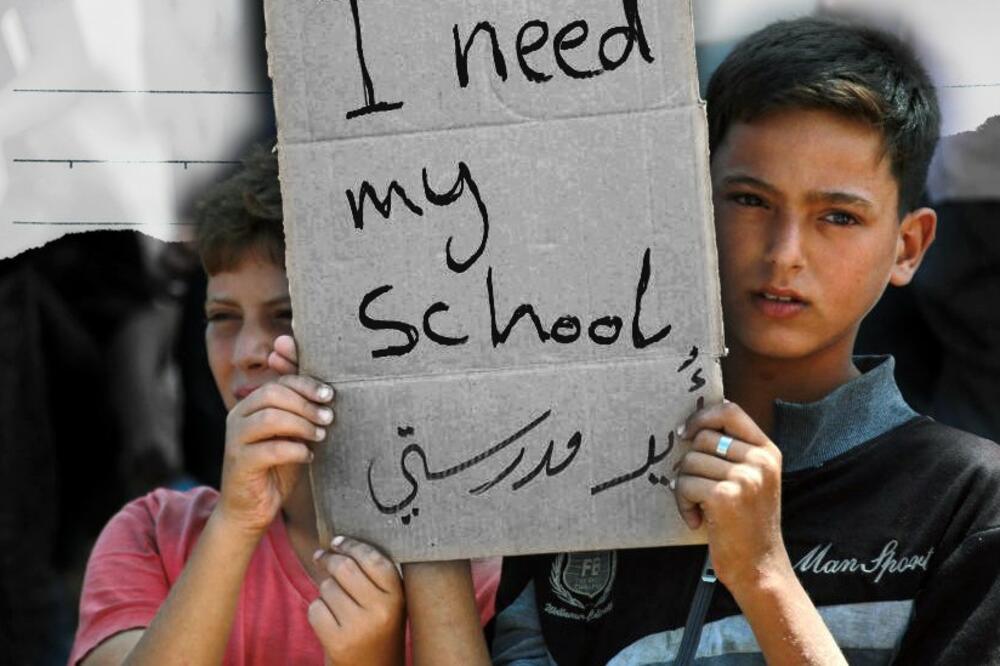35 million children denied education amid crises in Middle East and North Africa, UNICEF reports

The United Nations Children’s Fund (UNICEF) reports that a staggering 35 million children across the Middle East and North Africa are currently unable to access education, largely due to ongoing conflicts and economic crises.
Adele Khader, UNICEF’s Regional Director for the Middle East and North Africa, highlighted this critical issue at the recent World Conference on Population, Health, and Development in Cairo, noting that financial pressures and social instability have disrupted children’s futures.
“Families are forced to abandon their children’s education as they grapple with the impacts of sustained conflict and economic hardship,” Khader stated, reflecting on the challenges faced by millions in a region struggling to recover from crises.
Her address emphasized that only 15% of the Sustainable Development Goals (SDGs) have been met, a result she attributes to the overwhelming debt burdens on governments that redirect essential funds away from education and human development.
Despite increased financial support, the global economic environment remains a major obstacle, with Khader noting, “The complexities of debt costs continue to rise.”
She underscored the necessity for international assistance in addressing climate change impacts and expanding renewable energy solutions to enable SDG progress.
Financial institutions, she added, must consider greater debt relief and develop new funding mechanisms to support renewable energy projects.
The escalation of regional conflicts also poses a significant threat to children’s education. Khader highlighted that conflicts affect nearly a quarter of the global population, with children bearing the brunt of these crises.
“Depriving Gaza’s children of education for the second consecutive year is extremely concerning,” she remarked, emphasizing the risks posed by prolonged educational disruptions.
Supporting Khader’s call for prioritizing human development, Scott Standley, an economist with the United Nations Resident Coordinator’s Office in Egypt, stressed, “Investing in human capital is the cornerstone of development and should be a top priority for governments.”
Standley referenced recent data indicating a substantial funding gap, with middle-income countries facing a 5% deficit and low-income countries a 10% shortfall in development financing.
In sub-Saharan Africa, debt is particularly crippling, with many countries allocating more funds toward debt repayment than toward education and infrastructure.
Vito Intini, Chief Regional Economist for Inclusive Growth and Sustainable Finance at the United Nations Development Programme (UNDP), echoed these concerns.
“The global need is estimated at $77 trillion, while only $2.4 trillion in financing is currently available,” he noted, highlighting the magnitude of funding challenges for developing nations.
The experts called for increased financial assistance, debt relief, and innovative funding channels to support the future of millions of children who remain without access to education in the Middle East and North Africa, underscoring the profound implications for the region’s stability and development.
About The Author
dailymailafric
I am an avid African news observer, and an active member of Daily Mail Africa.
I’m Passionate about staying informed on diverse topics across the continent,
I actively contribute to publishing on political, economic and cultural developments in Africa.



